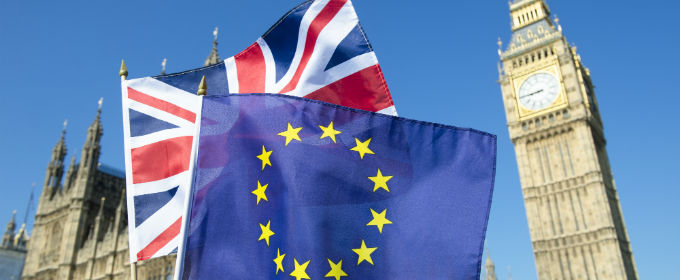In the current climate of political uncertainty, transparency is fundamental to the negotiation of the UK-US free trade agreement. Coupled with the economic ramifications of the pandemic, which has had a profound impact on both countries, transparency will play an integral role in legitimising the outcome of this agreement and its acceptance from a democratic […]






